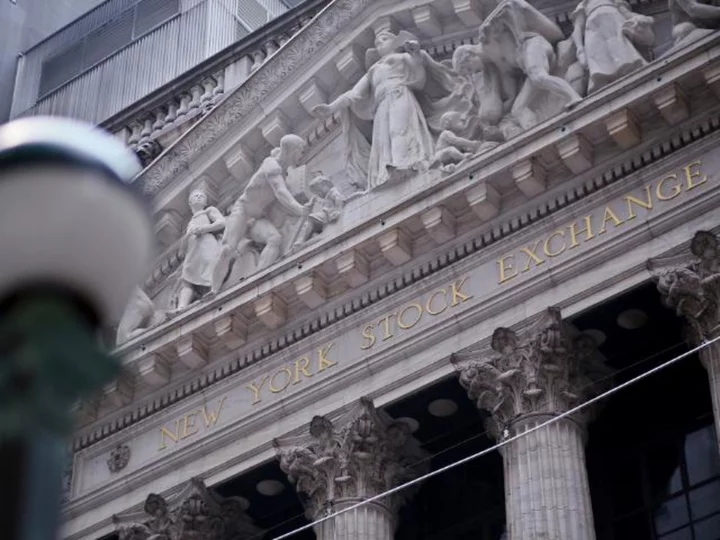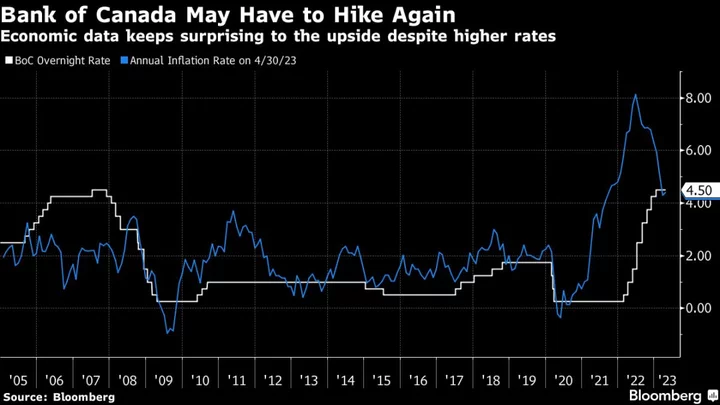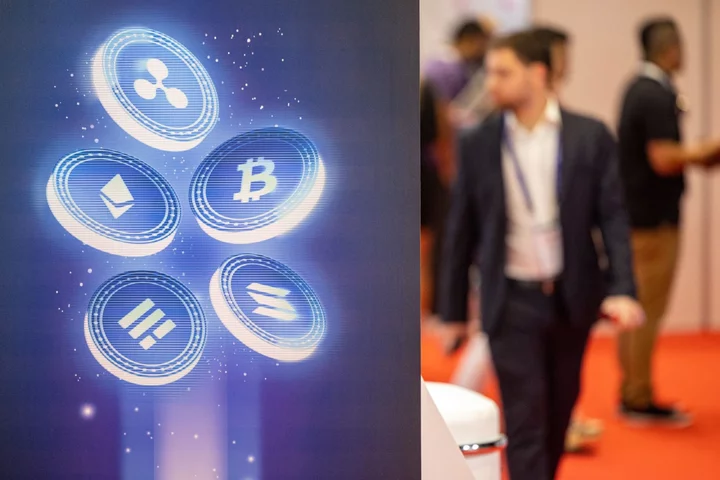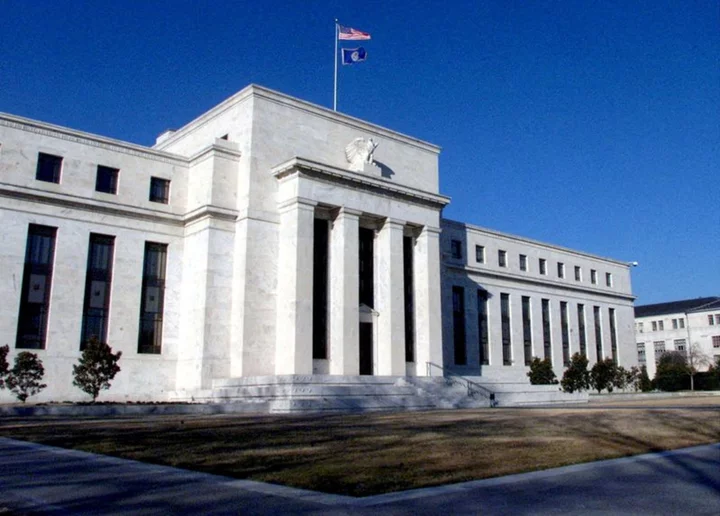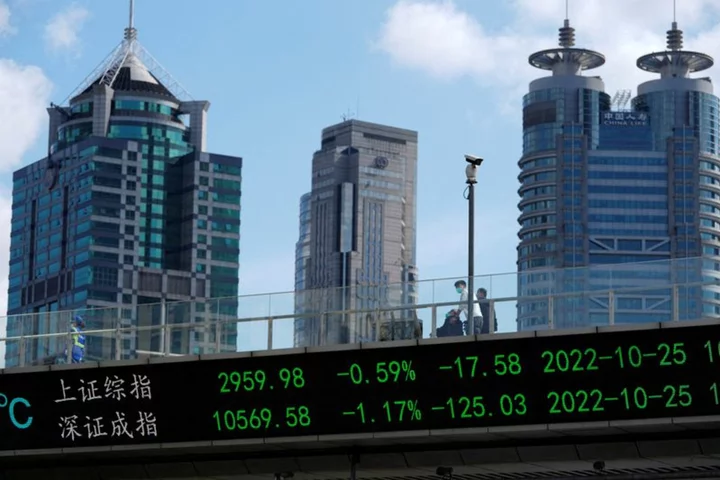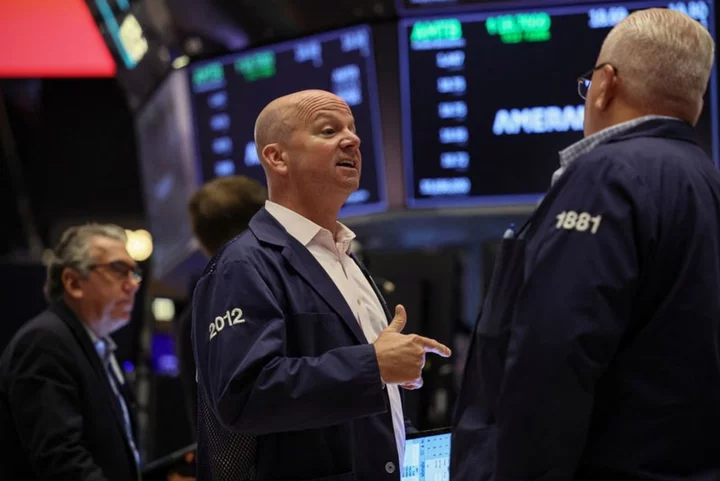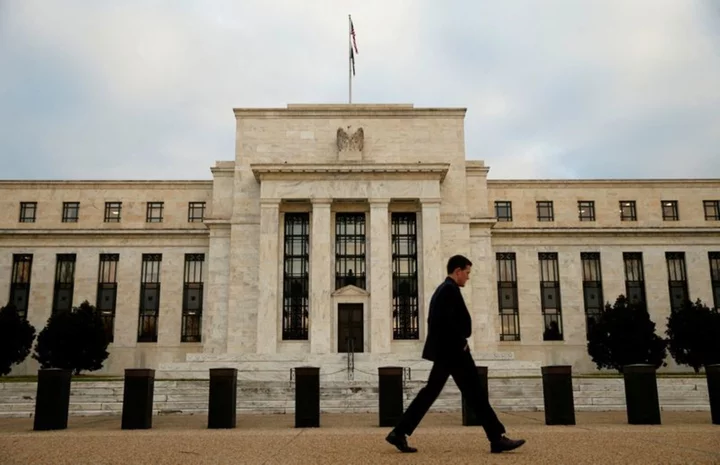The stock market has stayed remarkably resilient this year, to the surprise of many on Wall Street. As the economy and market continue to hum along, some investors' expectations for what's to come are shifting.
This year, the broad-based S&P 500 index has risen 18%, the Dow Jones Industrial Average gained 6% and the Nasdaq Composite jumped 34%.
That comes after a year in which the S&P 500 slumped 19%, pushed lower by persistent inflation, the Federal Reserve's interest rate hikes, geopolitical tensions and recession fears.
While this year's rally has been mostly driven by the so-called Magnificent Seven — Nvidia, Apple, Alphabet, Meta Platforms, Amazon, Microsoft and Tesla — more stocks have joined the move up in recent weeks, offering support for the rally's longevity.
Cooling inflation data coupled with a softening but still-strong labor market has raised investors' hopes that the Fed could manage to continue lowering inflation without triggering a recession.
That's a far cry from the beginning of this year, when the labor market was piping hot, inflation remained far above the Fed's 2% target, the central bank's interest rate trajectory was even more unclear and investors had no idea three regional banks would collapse.
So, how has the outlook for stocks changed since the beginning of this year?
Before the Bell spoke with Lori Van Dusen, founder and chief executive officer of LVW Advisors, to discuss.
This interview has been edited for length and clarity.
Before the Bell: What were your market expectations at the start of this year, and how have they changed?
Lori Van Dusen: When you look at what's happened in the market on the surface, I think everybody knows it's been a really good market, especially in the US, but it's also been a very concentrated market around these seven stocks. And what's happening now is the market is broadening by a lot of metrics, which is actually healthy.
We were not overly cautious going into this year, but we were also not like, 'hey, this is gonna be a great market,' because we had to be concerned with where we were in the tightening cycle and nobody actually knew. And when the wind is not at your back, you don't want to be amping up your equity exposure.
To me, it's all about a handful of things that we have to watch. It's about what the Fed does. It's all about policy. It's all about earnings. And then it's all about sentiment.
Is it fair to say that you're more bullish now?
I'm more constructive, because going into this year, it was very unclear where we were in the tightening cycle, or where inflation was gonna end up. But we've certainly seen that what the Fed has done is working, and there is this possibility of a soft landing.
One of the most important things that I've learned in my career is never to fight the Fed either way: Don't fight the Fed when you have the wind at your back, and when it's in your face, don't be overly bullish.
There are real opportunities underneath the surface of what's been driving the market so far. Nothing goes to the sky forever, but I think underneath it, it's a different story.
What are some of the opportunities you see?
We like stock picking and small- and mid-cap. And at this stage, that's kind of what you want to own, if you're not going into a major recession. You want to own credit. You want to extend your duration right now.
The wider broadening and the rotation out of tech to cyclicals is occurring because I think there is a general buy in that (idea that a) soft landing is possible. And I think that's why the market is broadening, and generally market participants are more constructive and taking their wins in technology and rotating. That's pretty smart.
Are there downside risks to this year's tech rally?
Anything related to AI is premature.
If you're not buying based on fundamentals and knowledge of something you're probably going to get your head handed to you.
You've got to stick to real earnings, earnings growth, guidance and look at all the basics of investing. Anytime you buy into the hype of something which isn't real yet, it's like going to Las Vegas.
I don't think that these stocks are going to crash or they're going to give up all of their upside. I think they're fundamentally great companies, but I don't think that their leadership will continue.
States want to let kids bartend
If a handful of states get their way, the worker pouring your drinks on your next night out might not be old enough to get a drivers' license, let alone legally drink.
More states are letting teenagers serve alcohol in bars and restaurants as they roll back child labor protection laws, reports my colleague Nathaniel Meyersohn.
At least nine states have introduced bills to lower the minimum age for serving alcohol since 2021, according to a report released Thursday by the Economic Policy Institute.
Seven states have enacted those bills, with more looking to follow suit.
These bills have garnered support from restaurants and industry groups like the National Restaurant Association, as food establishments continue struggling to fill spots left by workers who quit in search of better pay and worker conditions.
But labor experts say that lowering the minimum age to serve alcohol could put teenagers at risk of sexual harassment, underage drinking and other dangers.
Read more here.
Scorching heat tests Europe's outdoor workers
Some outdoor workers are demanding protective measures as a blistering heat wave engulfs parts of southern Europe, reports CNN's Caolán Magee.
Workers are walking off jobs, or threatening to, unless actions are taken to ensure safe working conditions.
Garbage collectors in Rome have threatened to walk off their jobs if they're required to work during the hottest part of the day. Temperatures in the city hit a record high of 107.2 degrees Fahrenheit, or 41.8 Celsius, last Tuesday.
Employees of the Acropolis in Greece, a major tourist hub, are walking off their jobs in protest. The country has dealt with heat-fueled wildfires, forcing some residents to evacuate.
Read more here.

